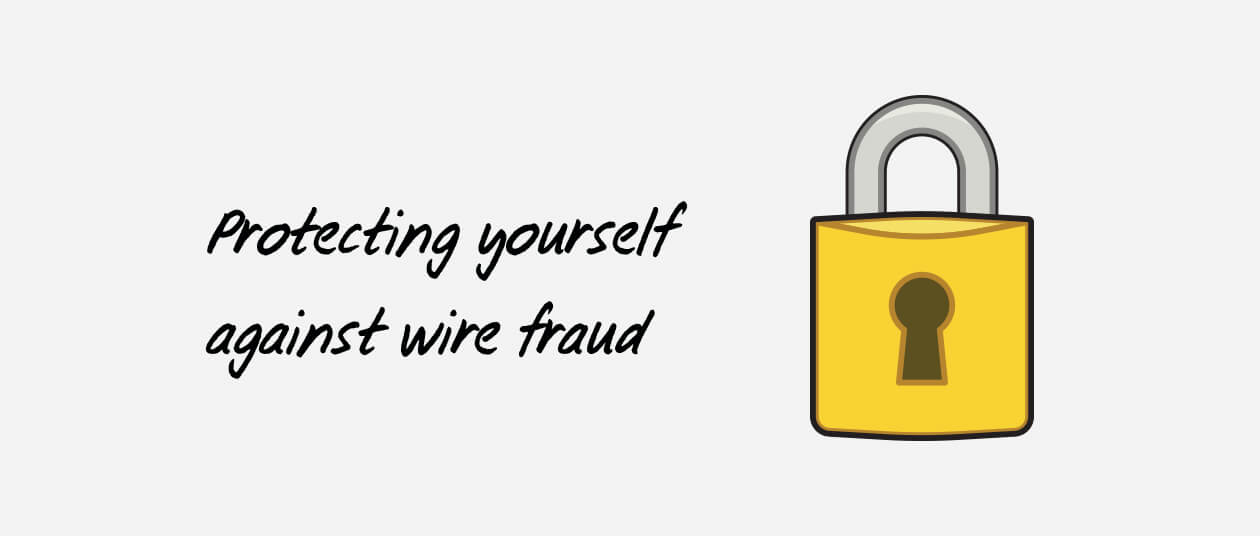Having an emergency budget set up and ready to be implemented during hardships can be the difference between thriving and surviving.
A lot of companies have little or no cash in reserve, which makes unexpected disruption all the harder to handle. It’s just one of those things we tell ourselves we’ll plan for at a later date and never really around to. However, sitting down for a couple of hours and setting up an emergency budget can often make a world of difference when the unexpected happens. Here’s how to do it:
Start with expenses
The first step toward an emergency business budget is to get a solid handle on your costs, and this means sorting your outgoings into three expense categories.
1. Essential Spending
These are the unavoidable costs that keep your business running, such as staff, premises, utilities, insurance, tax, and so on.
2. Debt Spending
This is a specific form of essential spending, servicing debt that can’t be deferred.
3. Discretionary Spending
This is spending on the ‘nice to haves’ rather than the essentials, such as travel, upgraded facilities, subscriptions, and so on. They may keep a business running smoothly but suspending them won’t fundamentally hinder its operation.
Most essential expenses are relatively fixed, but you may be able to reduce them in the right circumstances. For example, during COVID-19 you may be able to arrange a rent deferral or delay tax payments.
For debt spending, check if there’s a way to refinance your most expensive debts to reduce monthly payments. That’s when you need a consolidation loan or a line of credit. A high-interest credit card will generally cost more than shifting the debt onto an operating line of credit.
However, you have the most power and can make a drastic budgeting shift in the discretionary spending category. Any spending which isn’t essential to your core business activities should be reconsidered, and ideally deferred or cancelled while the emergency is in place.
Concentrate on savings
If you have a surplus in your budget then use it to build a reserve rather than continuing with any discretionary spending. Building a fund will provide a financial safety net and buffer zone to fall back on until the future is clearer.
Start by strictly separating your cash into two accounts. Use your business chequing accounts to cover all costs including bills, expenses, staff, and so on. Keep your easy-access savings account for building your emergency fund and squirrelling away any surplus cash.
Ideally, set up an automated plan to transfer your savings on autopilot. However, plan the timing of this carefully to protect your cash flow. For example, schedule your savings to be moved immediately after your merchant deposit date, so that the transfer is seamless. In essence, try and ensure you won’t need to dip into your emergency savings to meet operating costs, with the risk that they won’t be repaid.
When finances become difficult and the way ahead seems unclear, expert advice can be invaluable. To see how you can start building an emergency budget most efficiently, book an appointment with your Coast Capital relationship manager who can work with you to set up a realistic and effective plan.



